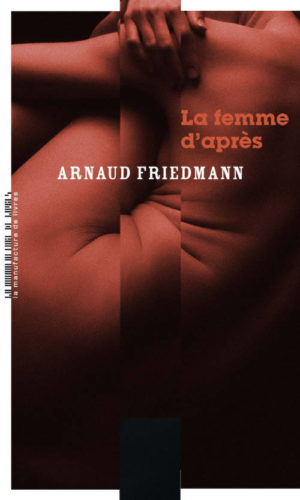
A night in August. She walks to her hotel after dinner on the terrace of an apartment in Montpellier. She feels light, exhilarated by the promise of a new adventure with a lover rediscovered twenty years after their last meeting. But in the night, she hears voices and footsteps. Three young men stop in front of her. Words exchanged, an insult, a defiant look. The men leave. One could say that nothing happened. And yet, a dull anguish remains, guilt and questions which she cannot admit to herself. Why her? What allowed her to win this duel of a few words, reflexes and uncontrollable thoughts? Why does the unworthy suspicion of not having been desirable enough run through her head?
La femme d’après shows us the implacable mechanics of an aggression that in the eyes of everyone else goes unnoticed. Echoing this scene, with finesse and sensitivity, Arnaud Friedmann explores the wounds and desires that mark this woman as the autumn of her life begins.
